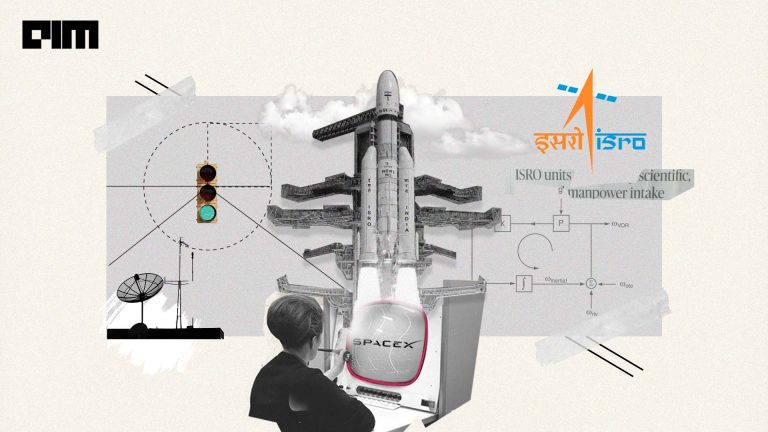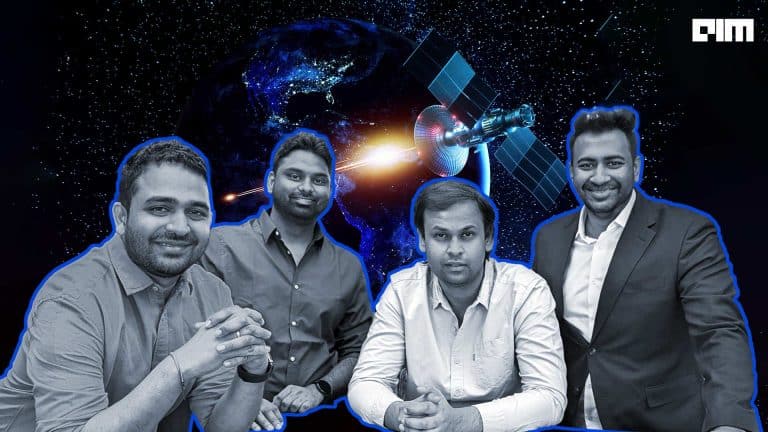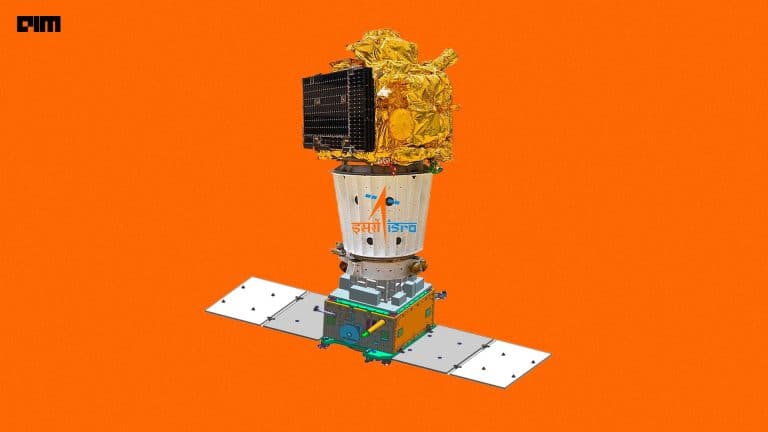The Indian Space Research Organisation today announced that it is going to launch its own space station, the proposal to the government to which will be given after the Gaganyaan mission is launched in the year 2022. This is the first time that the organisation has expressed its interest in setting up its own space station, being a part of a very few countries in the world having their own or involved in space station projects.
The Indian Space Station
According to the ISRO chief, ISRO is going to launch the country’s first ever space station after its first-ever human-carrying project Gaganyaan, which is set to launch in the year 2022. This project is intended to sustain the Gaganyaan project in the long run. The space station will have astronauts performing experiments at g-gravity and will also let other countries to contribute to the potential space research.
This Indian space station is not going to be a part of any other countries, like the International Space Station (ISS). It will be a small space station, weighing about 20 tonnes, having a small module launched to carry out microgravity experiments. The ISS, on the other hand, weights 420 tonnes. According to Anurag Kumar Sinha, the Head of the Directorate of Human Space Programme at ISRO, the size of the envisaged station is equal to “two Gaganyaan crew modules and a little more”, so this module is indeed going to be a very small one. The station would be placed in an orbit 400 km above the earth and astronauts will be able to stay for about 15 to 20 days.
Advantages India’s Own Space Station:
Having a space station gives humanity to learn about science in ways that it cannot be done on earth since space provides a different environment, rather a laboratory to carry out experiments. The space station takes advantage of microgravity, or weightlessness and zero-g, in other words, to study science. They show phenomena hidden by gravitational effects on earth, letting to a number of discoveries in not just space science, but other areas like material science and material engineering as well. The four factors that influence the behaviour of liquid and gas in microgravity are:
- Absence of buoyancy and sedimentation
- Absence of convection
- Absence of hydrostatic pressure
- Containerless float
Many microgravity experiments until today have been carried out in the past. Here are some of the significant ones in different fields:
1.Material science: Japan’s had its crystal growth experiments on semiconductors aimed to develop a clear understanding of the growth and crystallization of semiconductor materials in microgravity. The experiment takes into consideration the solute transport in the liquid and the surface orientation dependence of growth kinetics under microgravity and terrestrial conditions. This resulted in higher quality and larger sized crystals, impossible to be found on Earth. Moreover, the electrical characteristics showed better uniformity as well. This experiment helped in further metal processing possibilities under microgravity conditions.
2.Biotechnology: The directionality and geometry of cell tissue growth can be very different from those on Earth, under the influence of microgravity. Many experiments to understand the biological processes in microgravity are performed. The Cat’s Whisker experiment proposed by Japan was successfully conducted that led to artificial blood as a substitute for red blood cells, in the medical industry.
3.Earth science: At the low-Earth features such as glaciers, agricultural fields, cities, coral reefs taken from the space stations, along with other data can be used to collect information helping in the earth science research.
4.Educational Activities: The space station provides a platform for the student community students to excel in mathematics and sciences by involving them in its research. It also is a way to teach students the science and engineering that are behind space exploration.
5.Space missions: Experiments performed using small rockets have produced many results helping in future space missions. Results from this research have a huge potential in the future long-duration missions beyond low Earth orbit. They help in developing test countermeasures to reduce risks involved in space missions. Japan, for example, had utilized the TR-IA, a Japanese developed small rocket, to perform experiments that added to Japan’s growing experience in space.
Future Ahead
There are only two space stations currently in the orbit, the ISS and China’s Tiangong-1, among which the former is manned at all times and the later is unmanned most of the time. Other countries that have made its recognition in this area are Russia and the US with their Almaz and Salyut series and Mir and Skylab respectively.
The project by ISRO shows that the country has a well thought clearly what they have for its space missions, joining hands with other countries. It wants to be a part of the manned missions of other countries in terms of manned missions to the moon and asteroids.
The top big projects by India to look forward are the second moon mission Chandrayaan 2 set to launch in July 15, its Sun corona mission called Aditya-L1 set to launch in the first half of 2020, an interplanetary mission to planet Venus by 2023, the manned mission project Gaganyaan, set to launch in the year 2022, and this space station project after a decade from now.

















































































